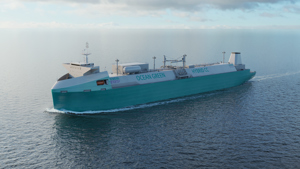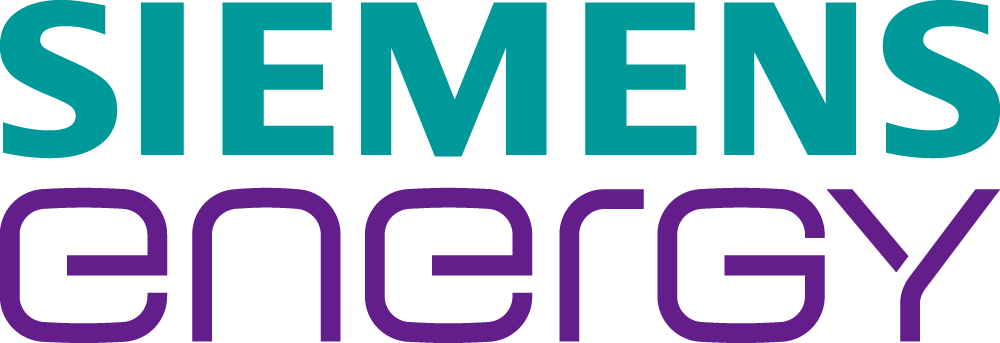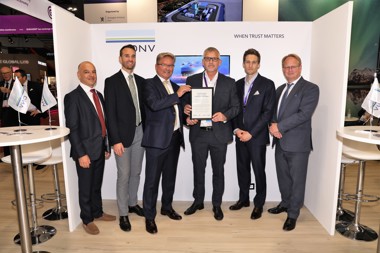Moss Maritime, DNV, Fearnley LNG, and Siemens Energy partner up to develop the first of its kind, eLNG Vessel contributing to the next generation of LNG & Hydrogen Carriers.
Siemens Energy has created a new and innovative hybrid combined cycle power and propulsion plant. This system utilizing the BlueVault Energy Storage by combining the SGT-400 gas turbine and a steam turbine to power the vessel. The new engine room layout is more compact enabling increased cargo capacity, simplified vessel design, less maintenance and potential less manning.
With the implementation of new IMO rules, ship operators will have to have an increased focus on how to reduce emissions from their operations combined with the need for reducing cost. The Ocean Green system will meet current regulations and is expected to mitigate the need for any major midlife upgrades.
The BlueVault energy storage has now been in operation in more than 60 marine vessels and has proven benefits for operators. The system has enabled operators to reduce the runtime of combustion engines and kept generators operating at a level maximizing efficiency. The BlueVault energy storage will enable stable, reliable, and highly efficient generator operation with power peak shaving, power boost and black-out prevention.
The well proven SGT-400 gas turbine in combination with the Heat Recovery Steam Generator, Steam Turbine Generator, BlueVault energy storage, propulsion and automation system form the backbone of the Hybrid Combined Cycle power and propulsion plant. It burns fuel in a highly efficient manner with very low NOx levels, practically no methane slip and Particulate Matter (PM). The reduced heating demand as well as re-use of the hot feedwater will further reduce the aux boiler fuel consumption and improve the ships performance.
With heightened efficiency, operating at higher speed and carrying more cargo within the same hull dimensions of the standard LNG Carrier, the Ocean Green system benefits all parties by providing a reduction in unit freight cost.
DNV studies have shown that the Ocean Green system will result in an equivalent CO2 reduction of approx. 11-18% and reduce the unit freight cost by approx. 9-17% compared current modern LNG carriers and their current market operational profiles.
“Mapping out future pathways for the next generation of Gas Carriers is gaining momentum and technological solutions that reduce the impact of GHG emissions are progressing. Maritime transport continues to play an essential role in building up energy security, which is expected to lead to an increasing demand for innovative solutions such as the Ocean Green concept,” said Martin Cartwright, Business Director - Gas Carriers & FSRUs, DNV Maritime
Together with Moss Maritime, DNV and Fearnley LNG, Siemens Energy has developed this concept to face the emerging challenges in ocean crossing transportation.






